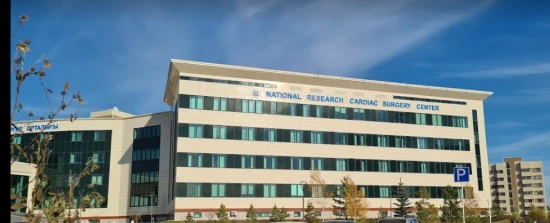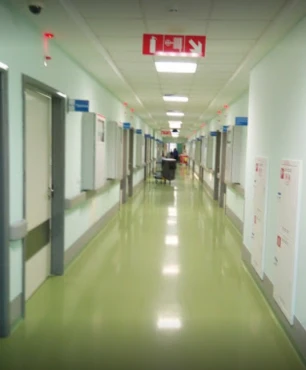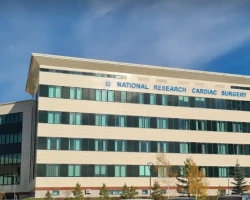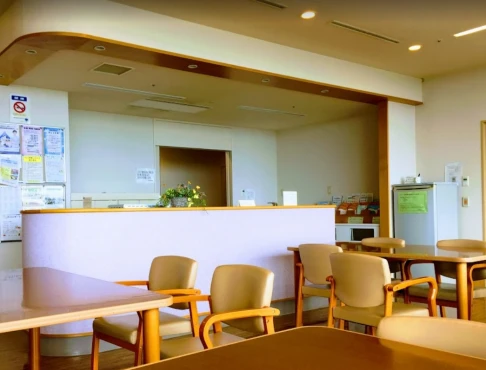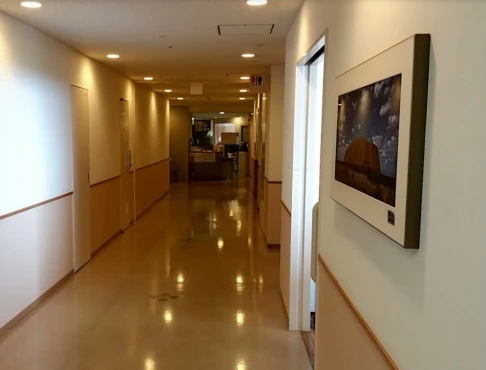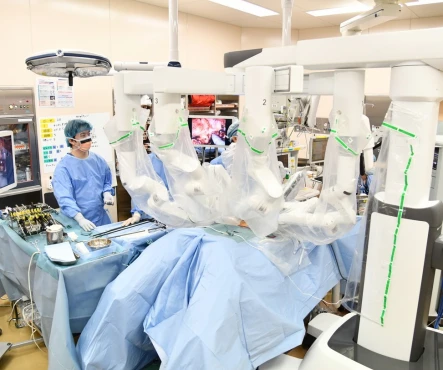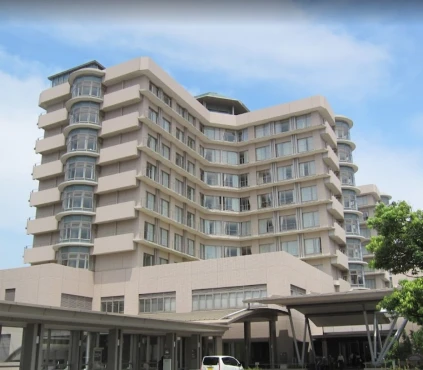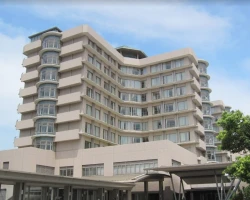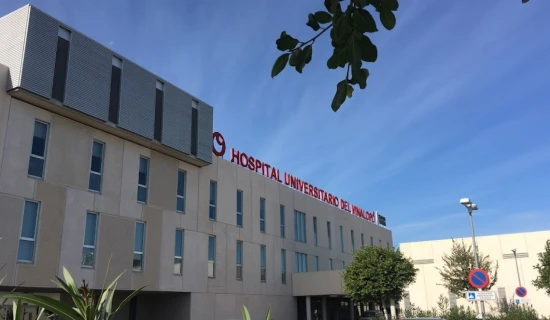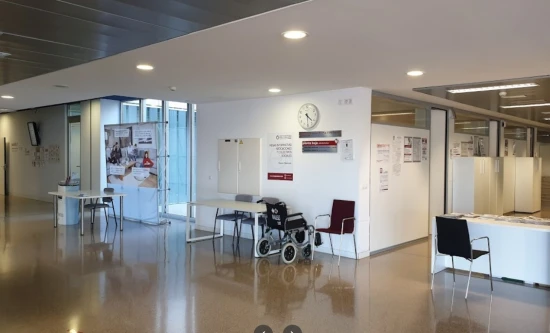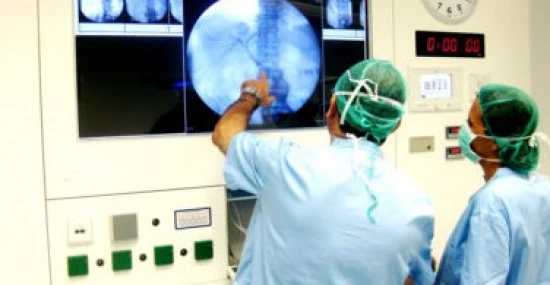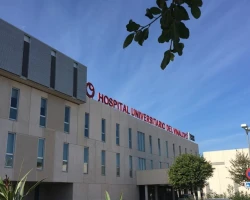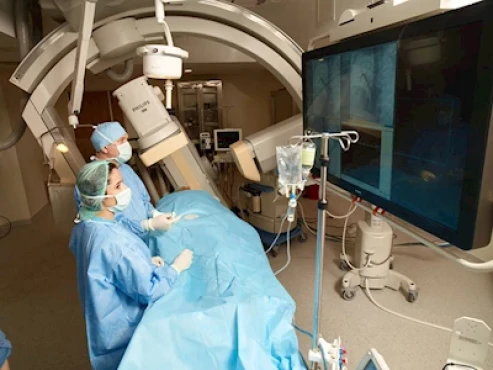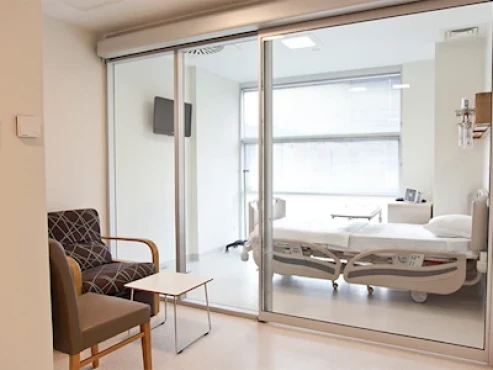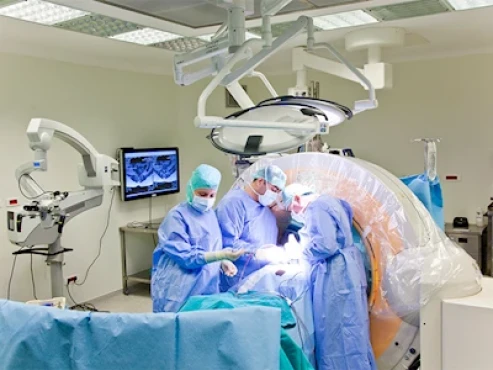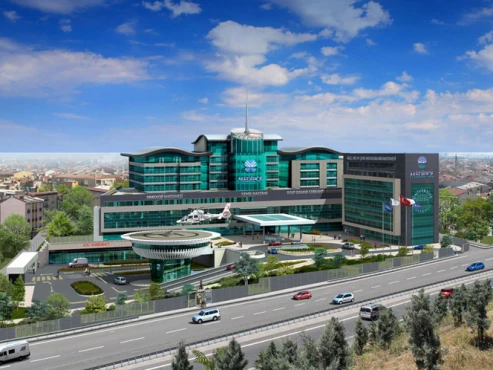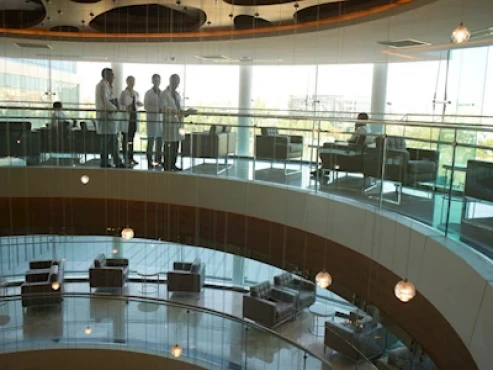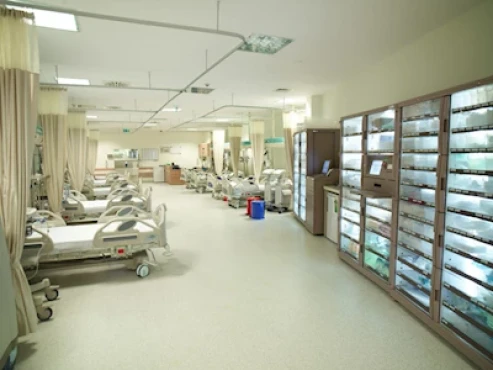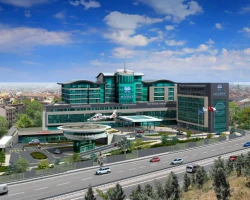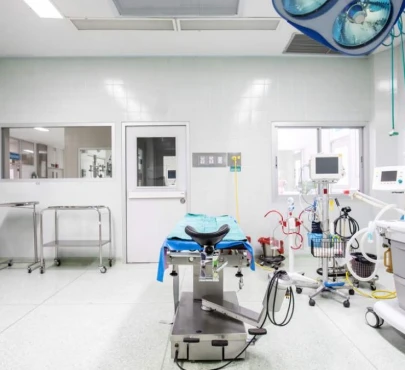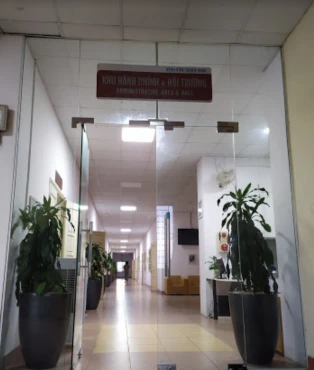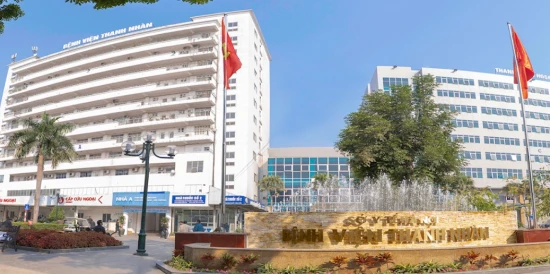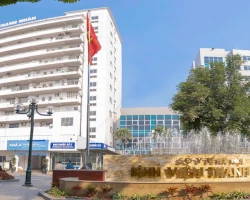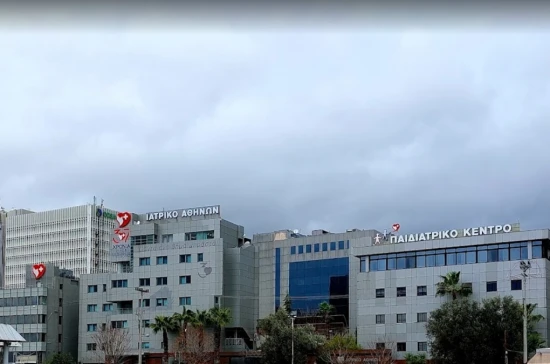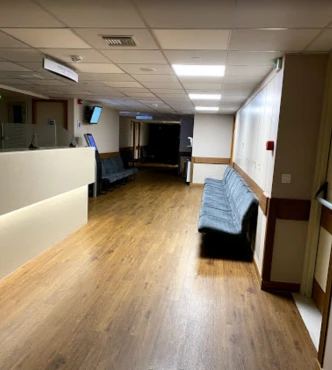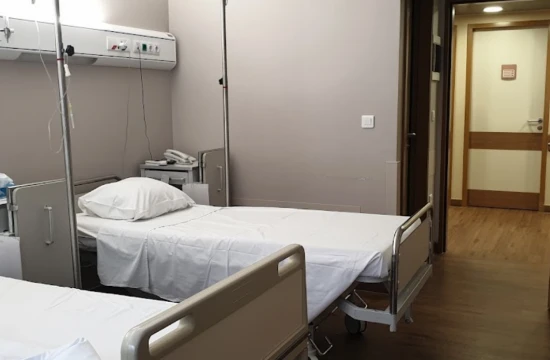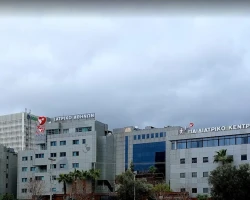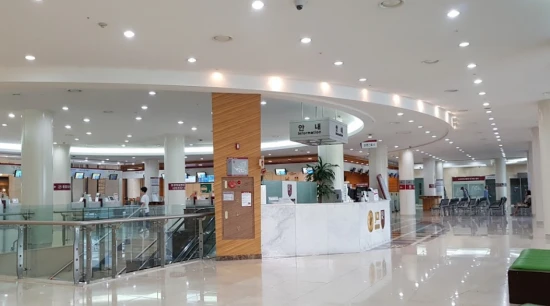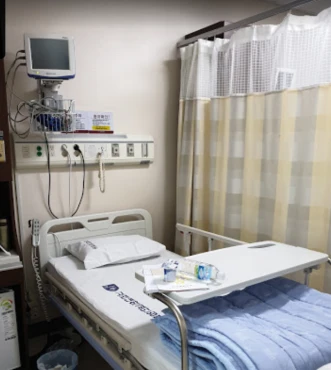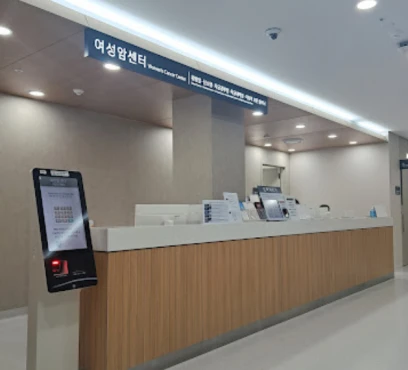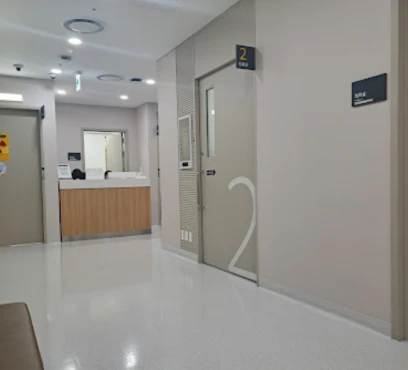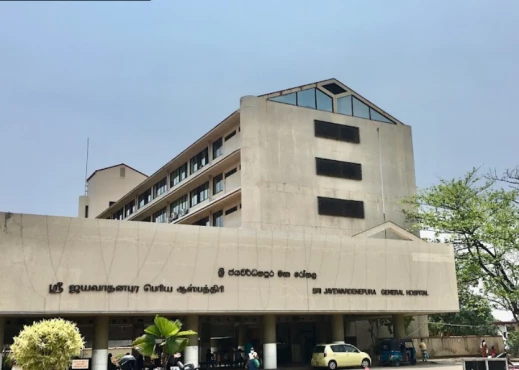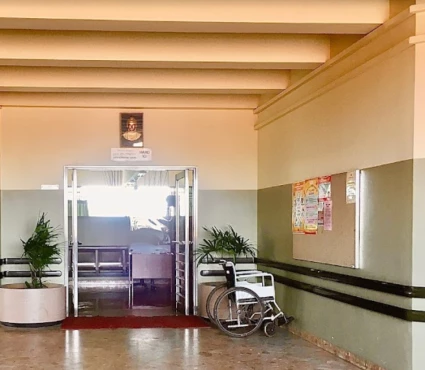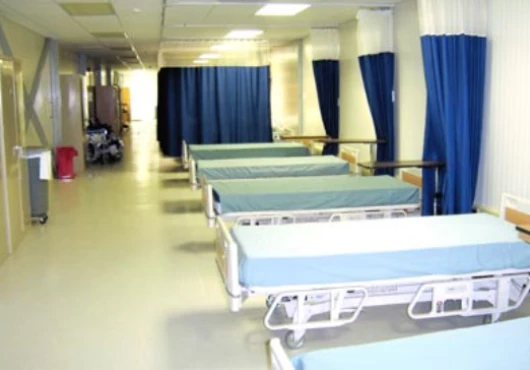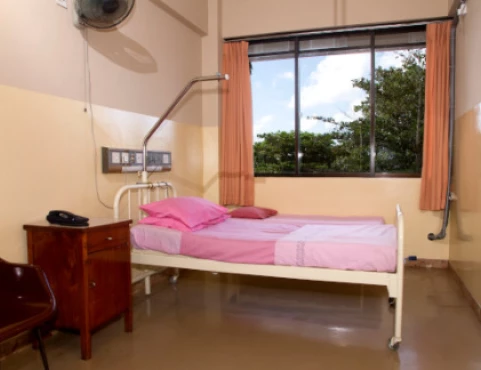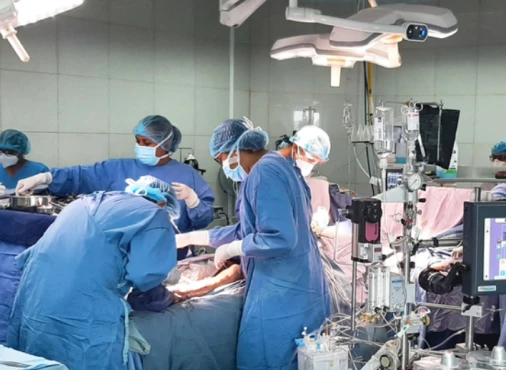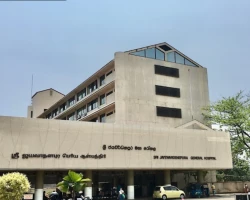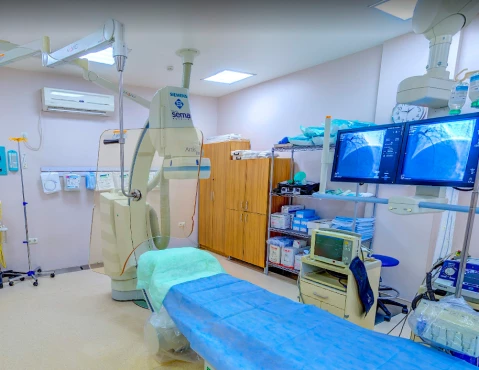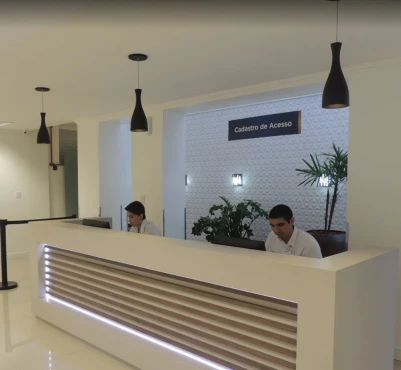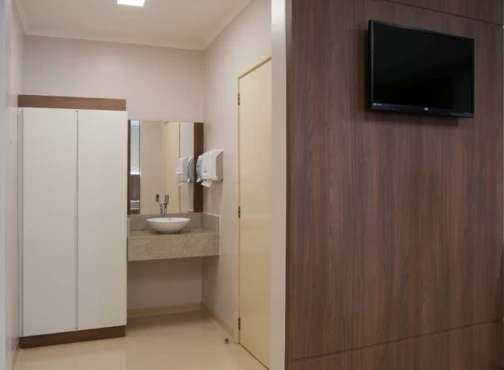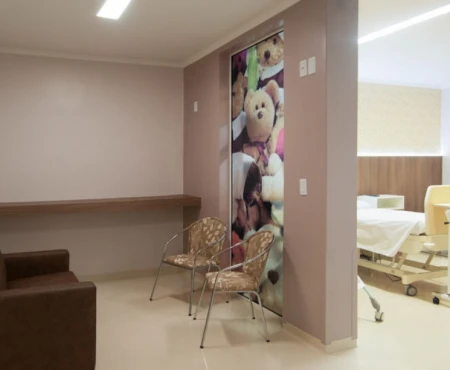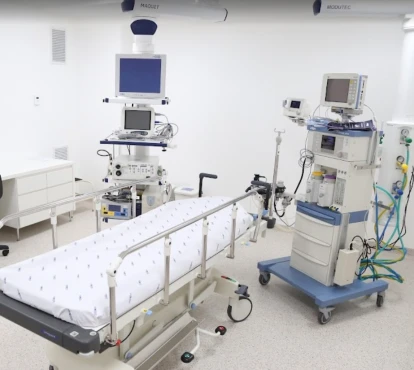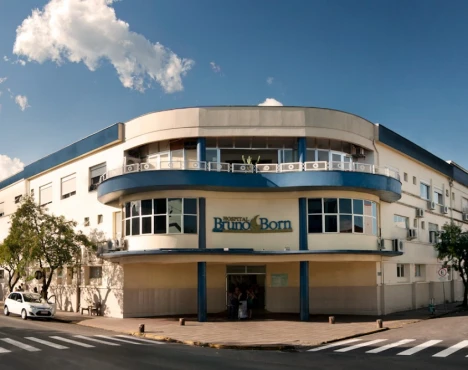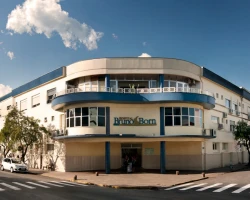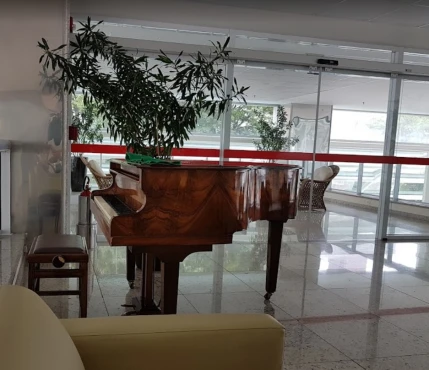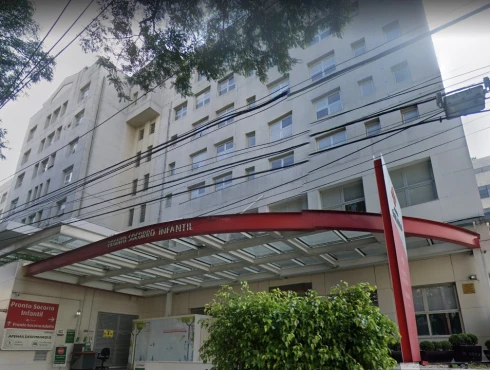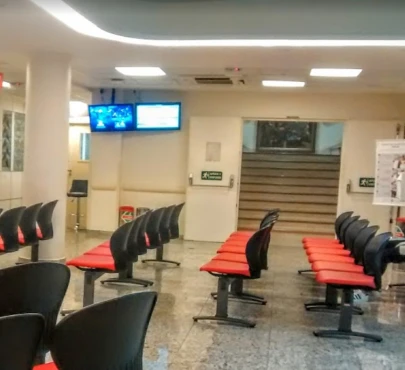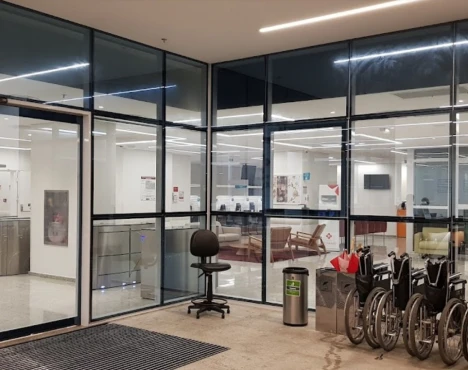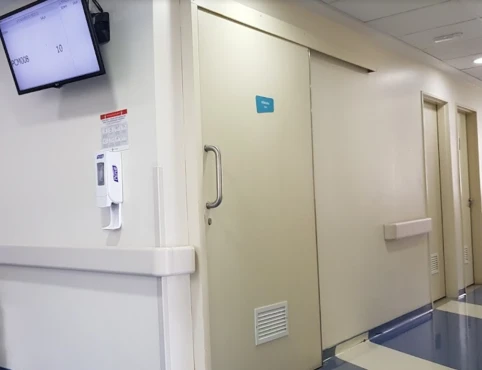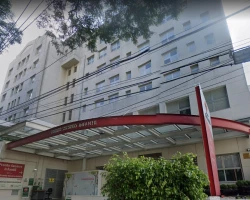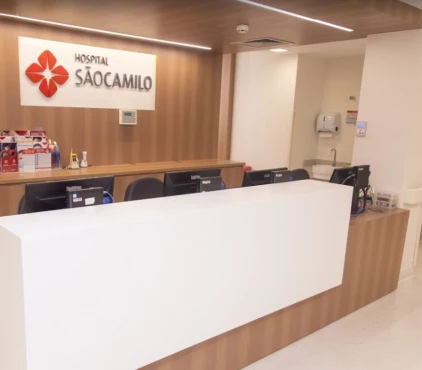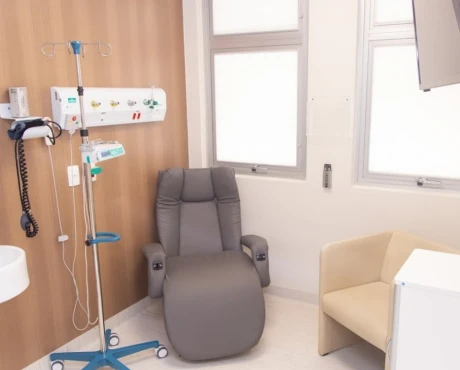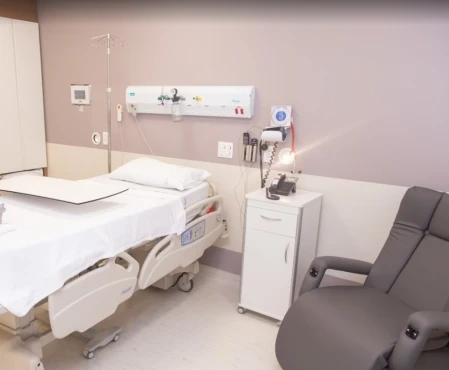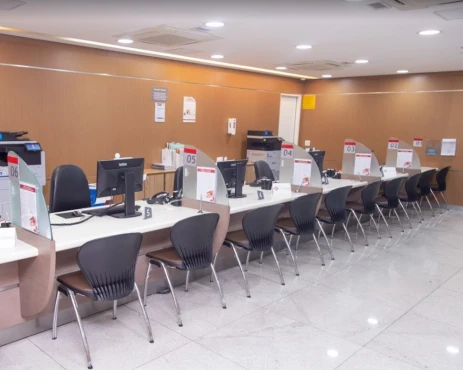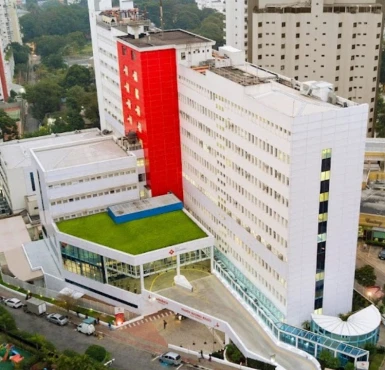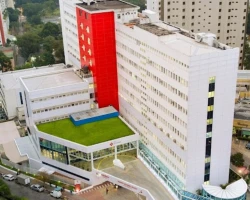Viral pericarditis – what is it?
Pericarditis is an inflammation of the pericardium (serous lining of the heart), which is its most common pathology. Causes can be infectious (tuberculosis remains the most common cause in developing countries) or non-infectious, but remain idiopathic (uncertain) in most cases. In this article, we will analyze in detail the viral form of this disease, and also touch a little on idiopathic pericarditis.
What is the pericardium and what functions does it perform?
Normally, the pericardium is a two-layer bag, which consists of two sheets: visceral and parietal. The first covers the heart and is separated by a small amount of fluid (15-50 ml) from the parietal part.
The pericardium prevents sudden expansion of the heart chambers, especially the right atrium and ventricle, during exercise and when blood volume increases (hypervolemia). It also limits the anatomical position of the heart and delays the spread of infection from the lungs and pleural cavities to the heart.
Classification of pericarditis
As noted earlier, this disease can be divided into infectious (viral, bacterial and other pericarditis) and non-infectious. There are also acute, subacute, chronic and recurrent courses of the disease. Viral pericarditis often occurs in an acute form.
Who is most likely to get viral pericarditis and how long does it last?
Viral pericarditis occurs at any age. However, it is most often detected in young people and is often associated with pleural effusion (fluid accumulation in the pleural cavity) and inflammatory pathology of the lungs. The illness usually lasts from a few days to four weeks.
What microorganisms can cause viral pericarditis?
Viral pericarditis is usually preceded by a respiratory tract infection. Often laboratory isolation of the virus from the patient's biological fluids is not successful, and serological tests (detection of the corresponding antibodies) are negative. In some cases, Coxsackie A or B viruses, influenza, mumps, herpes simplex, chicken pox, as well as echoviruses, adenoviruses or cytomegaloviruses are isolated from the pericardial fluid and / or a corresponding increase in viral antibody titer (concentration of antiviral antibodies in the patient's blood) is noted.
Often, the cause of inflammation of the pericardium cannot be established. In this case, the term "idiopathic acute pericarditis" is used.
Brief information about the causative agents of viral pericarditis
Most infections caused by Coxsackievirus and echovirus infections are mild. However, microorganisms can cause more serious diseases, which will be discussed below. They are spread mainly by fecal contamination of food, water and utensils. Most patients are children under 10 years of age.
Echovirus. It has an incubation period of 2 to 14 days. More often causes meningitis than pericardial involvement. The former is self-limiting and is not as dangerous as bacterial meningitis, such as Neisseria meningitidis or Haemophilus influenzae.
Coxsackie viruses. They often cause sporadic infections of the myocardium and pericardium, which can be life-threatening, especially in newborns. (Sporadic disease occurs only occasionally and is not epidemic). Older children and adults often recover, but permanent heart damage may remain.
Mumps virus. Humans are the only natural hosts of this microorganism. The incubation period for mumps is 19 days (range 7–23 days). The virus is transmitted by airborne droplets, as well as through saliva. Often causes inflammation of the salivary glands in children.
Influenza virus. It has three main types (A, B and C) and is found everywhere. It is most dangerous for children under 5 years of age and those over 50 years of age. There is a link between influenza outbreaks and an increase in the number of hospitalizations associated with cardiovascular diseases.
Herpes simplex viruses (HSV-1, HSV-2, Herpesvirus hominis). They cause various infections that affect the mucocutaneous surfaces, the central nervous system (CNS), and sometimes internal organs.
Adenoviruses. They mainly cause inflammatory diseases of the respiratory tract. However, in addition to pericarditis, they are also associated with a number of non-respiratory diseases: pathologies of the gastrointestinal tract, urinary system (hemorrhagic cystitis), keratoconjunctivitis (eye damage), etc.
Cytomegalovirus (CMV). It is now recognized as an infectious agent that occurs in all age groups. In addition to the development of severe birth defects, CMV causes a wide range of disorders in older children and adults, ranging from asymptomatic subclinical infection to mononucleosis syndrome in healthy individuals and disseminated (systemic) disease in immunocompromised patients.
Human immunodeficiency virus (HIV). Pericarditis is a common heart complication of HIV. In this case, the inflammatory process in the pericardium is usually secondary to infection (often mycobacterial) or neoplasm (lymphoma), provoked by a decrease in immune defense.
Of particular relevance in our time is the inflammatory lesion of the pericardium in COVID-19 infection. Coronavirus can provoke heart damage in various forms, however, cases have been described where pericarditis in the absence of classic signs or symptoms of COVID-19 was its only obvious manifestation.
How does pericarditis develop?
Viruses can cause inflammation in the pericardium through direct cell destruction or toxic effects (cytolytic or cytotoxic effects). Also, these microorganisms can provoke autoimmune reactions, when the immune system itself destroys its own tissues.
Viral pericarditis: symptoms and signs
Chest pain. This manifestation of the disease is usually present in acute infectious pericarditis and in many forms associated with hypersensitivity or autoimmunity. Pain in acute pericarditis is often severe, may radiate (travel) to the neck, arms, or left shoulder, and may be relieved by sitting and leaning forward, and worsened by lying down. Often this symptom appears 10-12 days after a viral illness (for example, after acute respiratory viral infection).
Fever. With viral pericarditis, there may be a slight increase in body temperature.
Rubbing noise of the pericardium. Heard in 85% of patients with acute pericarditis. Most often it is heard at the end of exhalation, when the patient is standing upright and leaning forward.
Other symptoms may include shortness of breath and heart rhythm disturbances.
The main complications of the disease
Cardiac tamponade. The accumulation of fluid in the pericardial space in an amount sufficient to seriously impede the flow of blood into the ventricles of the heart leads to this condition. This complication can be fatal if it is not recognized and treated in time.
Constrictive pericarditis (thickening and fusion of the sheets of the pericardium). It is a possible complication of almost any disease of the pericardium. Diagnosis can be difficult and is based on the clinical presentation and characteristic echocardiographic findings. MRI is also used to confirm the diagnosis and evaluate pericardial inflammation.
Often, patients with acute pericarditis experience recurrent pericarditis (recurrent disease).
Diagnosis of the disease
A patient with suspected pericarditis is recommended to perform:
- laboratory examination;
- ECG (quite often there are ST segment changes and abnormal T waves);
- ECHO-KG;
- cardiac magnetic resonance imaging (MRI) - this method may be useful when the diagnosis is unclear, echocardiographic imaging is difficult, or myocardial involvement is suspected.
When detecting viral pericarditis, all other disorders that may have similar symptoms are taken into account. A common diagnostic error is mistaking acute viral or idiopathic pericarditis for acute myocardial infarction (AMI) and vice versa.
How is the diagnosis made?
The diagnosis of viral pericarditis should be based on laboratory tests confirming the presence of the virus, as well as:
- characteristic chest pain,
- pericardial friction noise,
- characteristic electrocardiographic changes,
- appearance of pericardial effusion.
Treatment of the disease
Most cases of pericarditis can be treated on an outpatient basis. However, hospitalization for further observation and treatment is possible if the patient has any of the following high-risk signs:
- high fever (temperature over 38 °C);
- subacute onset;
- large pericardial effusion or cardiac tamponade;
- no response to anti-inflammatory therapy after one week of treatment;
- signs of myocardial damage.
And also in the case when the patient has additional predictors of increased risk:
- immunosuppression;
- uses oral anticoagulants;
- was injured.
Acute pericarditis is usually treated with non-steroidal anti-inflammatory drugs (NSAIDs) with gradual dose reduction over 2 to 4 weeks after symptoms resolve. In addition, a three-month course of colchicine is recommended to reduce the risk of recurrent pericarditis. The patient is advised to avoid strenuous activity.
Corticosteroids are used in case of a longer course of the disease and a higher risk of relapse. Accordingly, their use (at low doses) is justified for patients who cannot take NSAIDs or have special indications (for example, an autoimmune disease, pregnancy, etc.).
Antiviral therapy can be carried out after the detection of the virus and the establishment of an accurate diagnosis. However, its effectiveness is still being studied.
When pericarditis complicates tamponade, immediate drainage (removal of excess fluid from the pericardial cavity) is indicated. In most cases, drainage is performed percutaneously under visual control. In some cases, surgical treatment is required.
If there are signs of inflammatory constrictive pericarditis, a course of anti-inflammatory therapy is indicated. In a chronic constrictive process without signs of active inflammation, surgical treatment (radical pericardiectomy) may be required.
Treatment for recurrent pericarditis should consist of NSAIDs, usually tapered off over 2 to 4 weeks after symptoms resolve, and colchicine for at least 6 months (with dosage based on body weight). Corticosteroids (low doses) are usually given to patients who have failed multiple attempts at NSAIDs and colchicine. Surgical pericardiectomy is used in extreme cases.
Prognosis of viral pericarditis
Both viral and idiopathic pericarditis have a good prognosis. After a course of treatment, patients usually return to their normal lives.
Summary
Viral or idiopathic acute pericarditis occurs at any age but is more common in young people and is often associated with pleural effusion and inflammatory lung disease.
The near-simultaneous development of fever and precordial pain, often 10 to 12 days after suspected viral illness, is an important feature in differentiating acute pericarditis from acute myocardial infarction, in which chest pain precedes fever.
In viral pericarditis, a pericardial friction rub is often heard. The illness usually lasts from a few days to four weeks. ECG changes usually disappear after one or more weeks, but abnormal T waves may persist for several years.
If you are interested in the topic of viruses and virology, we recommend reading the following books:
- Viruses: More Friends Than Foes. Karin Mölling.
- In Pandemic: Tracking Contagions, from Cholera to Ebola and Beyond. Sonia Shah.
References:
- Adler, Y., Charron, P., Imazio, M., Badano, L., Barón-Esquivias, G., Bogaert, J., Brucato, A., Gueret, P., Klingel, K., Lionis, C., Maisch, B., Mayosi, B., Pavie, A., Ristic, A. D., Sabaté Tenas, M., Seferovic, P., Swedberg, K., Tomkowski, W., & ESC Scientific Document Group (2015). 2015 ESC Guidelines for the diagnosis and management of pericardial diseases: The Task Force for the Diagnosis and Management of Pericardial Diseases of the European Society of Cardiology (ESC)Endorsed by: The European Association for Cardio-Thoracic Surgery (EACTS). European heart journal, 36(42), 2921–2964.
- Management of Acute and Recurrent Pericarditis. J Am Coll Cardiol 2020;75:76-92.
- Norkin, Leonard C. Virology : molecular biology and pathogenesis / Leonard C. Norkin.2010. ISBN 978-1-55581-453-3.
- Kumar R, Kumar J, Daly C, Edroos SA. Acute pericarditis as a primary presentation of COVID-19. BMJ Case Rep. 2020;13(8):e237617. Published 2020 Aug 18. doi:10.1136/bcr-2020-237617.
- Harrison`s Principles of Internal Medicine 19/E (Vol.1). Dennis Kasper, Anthony Fauci, Stephen Hauseret all. McGraw-HillEducation 2015 ISBN: 0071802134 ISBN-13(EAN): 9780071802130.
